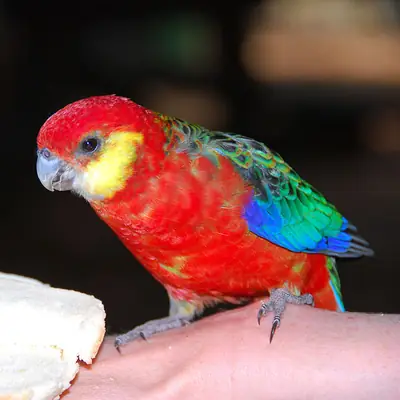Proper Pet Nutrition: Dry Food or Wet Food?
Pet nutrition is critical for a healthy life. The choice between dry food and wet food should be made according to your pet's needs.
Dry Food vs Wet Food Comparison:
- Dry Food: Long shelf life, beneficial for dental health, economical and practical
- Wet Food: High water content, tasty, easy to digest and provides hydration
Advantages of Dry Food:
Reasons to prefer dry food:
- Dental Health: Reduces tartar formation during chewing
- Economical: Generally more affordable and lasts longer
- Practical: Easy to store and serve
- Nutrient Density: Contains more nutritional value
- Concentration: High protein and energy content
Advantages of Wet Food:
Reasons to prefer wet food:
- Hydration: Prevents dehydration with high water content
- Flavor: More appealing taste for most pets
- Digestion: More easily digestible structure
- Senior Pets: Suitable for animals with dental problems
- Appetite Stimulant: Ideal for picky eaters
Mixed Feeding Strategy:
Recommendations for using both for best results:
- Daily Routine: Dry food in the morning, wet food in the evening
- Ratio Adjustment: 70% dry food, 30% wet food balance
- Calorie Control: Don't exceed total calorie needs
- Transition Period: Transition gradually by mixing
Selection Based on Age and Health Status:
Recommendations for different situations:
- Puppies/Kittens: High-quality puppy/kitten food, dry or wet
- Adults: Balanced nutrition, primarily dry food
- Senior Pets: Wet food or soft dry food
- Dental Problems: Wet food or soaked dry food
- Kidney Issues: Hydration support with wet food
Nutrition Tips:
Important points for proper nutrition:
- Quality: High-quality, balanced nutrition
- Amount: Portion according to age, gender and activity level
- Water Need: Always sufficient water with dry food
- Regular Meals: Feeding at fixed times
- Veterinary Support: Professional consultation for nutrition plan
Conclusion: The choice between dry food and wet food should be made according to your pet's age, health status and preferences. You can benefit from the advantages of both options with a mixed feeding strategy.





